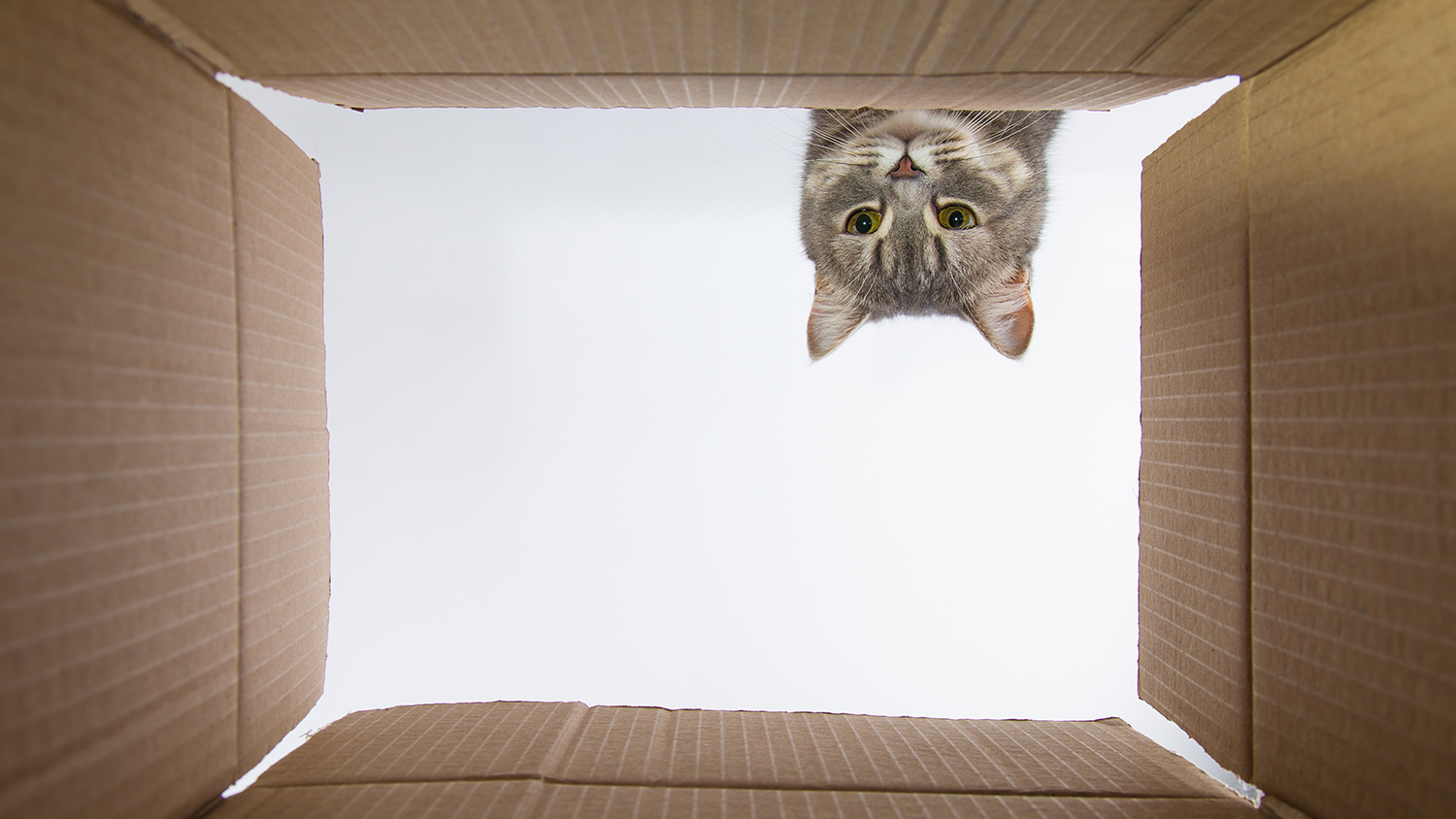How to find your lost cat
The love you have for your feline friends is unparalleled, which is why losing your cat can be an owner’s worst nightmare. It is not uncommon for cats to go missing, with a third of all cats in Britain having been reported missing at least once in their lifetime. However, try not to panic as the statistics suggest that the majority of cats (90%!) make their way back to their owners. Also, there may be various reasons why your cat is out for longer than usual, but that doesn’t mean he/she wont return! For example, in the spring and summer months cats like to wander and hunt for longer than in colder months. To help you find a lost cat, read on…
how to find your lost cat
In the unfortunate case that your cat has gone missing, we have compiled some of our top tips for finding your furry friend:
Preparation is key
Microchipping your cat and getting your cat a UBEECAT tracker is game changing. Microchipping your cat will help vets discover who your cat belongs to and a GPS tracking device will allow you to keep an eye out on your cats and discover the places they frequent on their daily adventures. Make sure you also have up to date contact details on your cats’ identification tag so that if someone finds them, they can contact you easily.
Search your whole house and garden.
Cats are funny creatures who like to hide in all sorts of places so make sure you check behind the curtains, under the pile of clothes on ‘that’ chair in your bedroom, or even in the washing machine. Once you’re positive they are not inside the house, check outside. Garages; sheds; flower pots; wellington boots; these are all places they could be peacefully tucked away in (oblivious to your panic ridden hunt).
Once you have established they are definitely not in or around the house:
Get your phone out.
Check on your cat’s whereabouts using the UBEEQUEE App. Failing that, call the vets, microchipping company, police (especially if you own a pedigree breed), and local animal shelters such as the RSPCA. Get the word out that your cat is missing and ask if anyone has any information regarding your cat.
Speak to your neighbours.
Don’t be afraid to knock on some doors and ask if anyone has seen your cat, sometimes they have just made friends with your neighbours. Putting up pictures of your cat in your neighbourhood, or on neighbourhood Facebook pages can also be helpful. Make sure you have recent and clear photos of your cat to make the search easier.
Have a search plan.
Work out what areas your cat is likely to have disappeared off to and have a route in mind when you go on your search. If your cat has a nervous temperament, search alone or with people he/she is comfortable with. Keep calling out their name, offer them their favourite treats and give them plenty of time to respond.
Don’t give up hope.
The chances of you reuniting with your beloved cat are luckily very high. In most instances, they will return unaware of the chaos they have caused.



